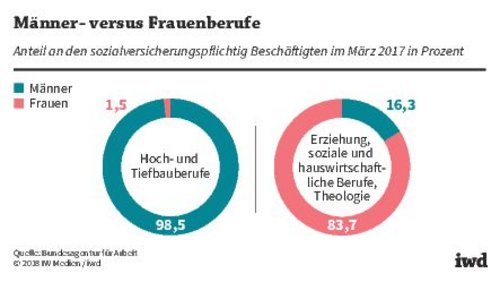Survey on 15 Metropolitan and Student Cities for Deutsche Real Estate Funds in Cooperation with ImmobilienScout24
A Hedonic Rent Index for Student Housing in Germany
Gutachten for Deutsche Real Estate Funds in Cooperation with ImmobilienScout24

Survey on 15 Metropolitan and Student Cities for Deutsche Real Estate Funds in Cooperation with ImmobilienScout24
In recent years, studying in Germany has become increasingly popular for high school graduates such that the number of students starting a degree programme has outnumbered the number of apprentices. As of the winter term 2015/2016, 2.8 million students were enrolled in study programmes in German universities (Federal Statistical Office of Germany, 2016). In relation to the total population, the share of students makes up 3.4 percent. Compared to the United Kingdom with a share of 0.6 percent, for example, the share in Germany is considerably larger and therefore has wide-ranging impact on the general demand structure in German cities as well as on their housing markets. Against the background of an increasing number of students, their financial restrictions, and a general tightening in the German housing market in the metropolitan areas, the market segment of student housing has attracted the increasing attention of policymakers and investors.
As the supply of housing remained on a relatively constant level in the recent period, the increasing number of students consequently led to an excess demand for student accommodation. The number of dormitory spaces available through student services amounts to 234,000, with another 11,300 units currently being planned (Savallis Research, 2016). Hence, only 10 percent of the market is covered by publicly subsidized housing; the remaining 90 percent is served by private landlords, and the trend is rising. In response to the relative supply shortage, more and more private investors have gotten involved in the market, typically offering high-quality one-bedroom apartments of about 30 square metres. From 12,000 apartments in 2010, the number of these accommodations is expected to rise to 41,000 units in 2020. Usually, the apartments are offered at flat rate, including all utilities. The competitive situation in the market segment is further intensified due to retirees, commuters, and young professionals who all demand the same type of accommodation. Thus, the chance to find an affordable home has significantly dropped.
Due to a general lack of transparency in the market for student housing, the Cologne Institute for Economic Research (IW) in cooperation with Deutsche Real Estate Funds (DREF) has developed a hedonic rent index for the private segment of the corresponding market (Deschermeier et al., 2016). The calculation of the rent indices makes use of the databases of the internet platform ImmobilienScout24, which contains a comprehensive set of characteristics describing the included offers. The following chapter contains a short presentation of the empirical framework and the underlying data. The calculated indices will then be illustrated in chapter 3. Subsequently, we will also provide rents for a hypothetical, predefined sample student apartment.
Philipp Deschermeier / Björn Seipelt: A Hedonic Rent Index for Student Housing in Germany – Survey on 15 Metropolitan and Student Cities
Gutachten for Deutsche Real Estate Funds in Cooperation with ImmobilienScout24


Typische Männer- und Frauenberufe
Frauen und Männer entscheiden sich nach wie vor häufig für ganz bestimmte Berufe. Da der Fachkräftemangel in typischen Männer- und Frauenberufen besonders stark ist, gilt es, Geschlechterklischees bei der Berufswahl stärker aufzubrechen.
iwd
Einrichtungen zum Technologie- und Wissenstransfer an Hochschulen
In den letzten Jahren haben sich an den meisten deutschen Hochschulen zentrale Transfereinrichtungen etabliert. Allerdings sind ihre Aufgabenspektren und Kompetenzen teilweise sehr unterschiedlich. So lässt sich ihr wirtschaftlicher und gesellschaftlicher ...
IW